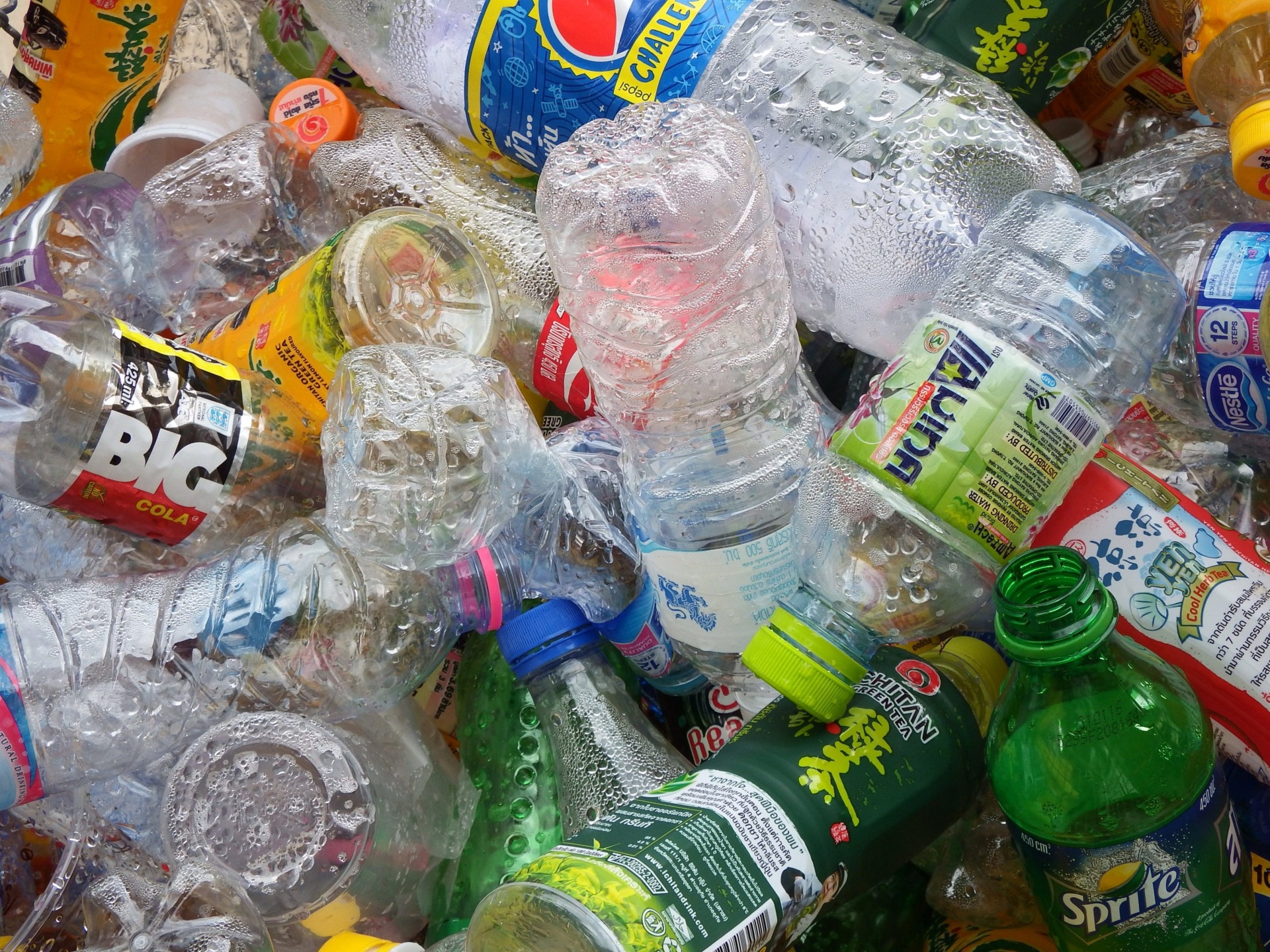Life in plastic, it's fantastic
I remember one song by Aqua from six years ago, and it is "Barbie Girl", where they sang about what it was like to be a plastic toy.
Jokes aside, plastic really is a fantastic product. With all the recent focus on plastic as a problem when it ends up in the ocean - which is a real and urgent problem - it is easy to forget how much our lives are improved and enriched by plastics. And that plastic in itself is clean, highly energy-efficient, and plentiful - it is in practice a renewable resource.
Plastic is replaces many other materials that consumes a lot more energy and non-renewable raw materials to produce. Since it is incredibly cheap, it increases overall global wealth. It helps greatly increase the longevity of food and reduce food waste.
The problem with plastic in the ocean is vast, and comes from multiple sources. However, for the most part, it is a problem of garbage collection and disposal. It is a problem we urgently need to address, because most plastics produced today break down in nature at a glacial speed, and we keep producing more of it:
An investigation into the 'Great Pacific Garbage Patch' shows that nearly half of it is composed of discarded fishing gear. Another investigation into microplastic particles concluded that the "largest proportion of these particles stem from the laundering of synthetic textiles and from the abrasion of tyres while driving".
Another problem is that much of the plastics we produce today also contains pollutants that can bleed into both the environment and whatever is contained within the plastic. Landfills can leak these pollutants into ground water, which is why recycling and incinerators is far better ways to handle plastic waste.
Plastic in itself is just polymers of carbon with some oxygen, nitrogen and sulfur - all plentiful, non-toxic chemical elements on Earth. High temperature burning of clean plastic, as done in modern garbage disposal facilities, reduces plastic to its constituent chemical elements and cleanly and efficiently eliminates the problem of plastic waste.
If we can get sufficient renewable energy, then one day we can manufacture plastics from carbon capture from emission sources or simply the atmosphere, which will reduce CO2 levels as a byproduct.
The problem of biodegradability is especially important for any plastics that may be left behind by accident in the ocean, such as fishing nets and lines. Different types of plastic have different biodegradability, with fishing equipment unfortunately being among the worst, although estimates are usually not very reliable.
So what should be done to deal with the problems of oceanic plastic waste?
- Encourage the use of and research into biodegradable plastics through financial incentives
- Invest heavily in carbon capture research
- Invest in garbage collection and incineration facilities in third world countries that have the biggest waste problems
- Negotiate treaties to make it economically advantageous to use recycling and incinerators rather than landfills
- Strict financial penalties for any garbage waste not properly disposed of, and separate police force to enforce it (which can be paid for by the collected penalties)
- In particular, strict financial penalties for fishing boats that do not return with their fishing nets
Plastic pollution is a problem that it is solvable with current technology and will only be easier to solve with future advances in technology, but requires political will and international cooperation. According to must-read report and set of recommendations from the Ocean Conservancy, we can reduce plastic waste leakage into the ocean by 65% annually within 2025 by focused efforts on only five countries.
 I remember one song by Aqua from six years ago, and it is "Barbie Girl", where they sang about what it was like to be a plastic toy.
I remember one song by Aqua from six years ago, and it is "Barbie Girl", where they sang about what it was like to be a plastic toy.


No comments:
Post a Comment